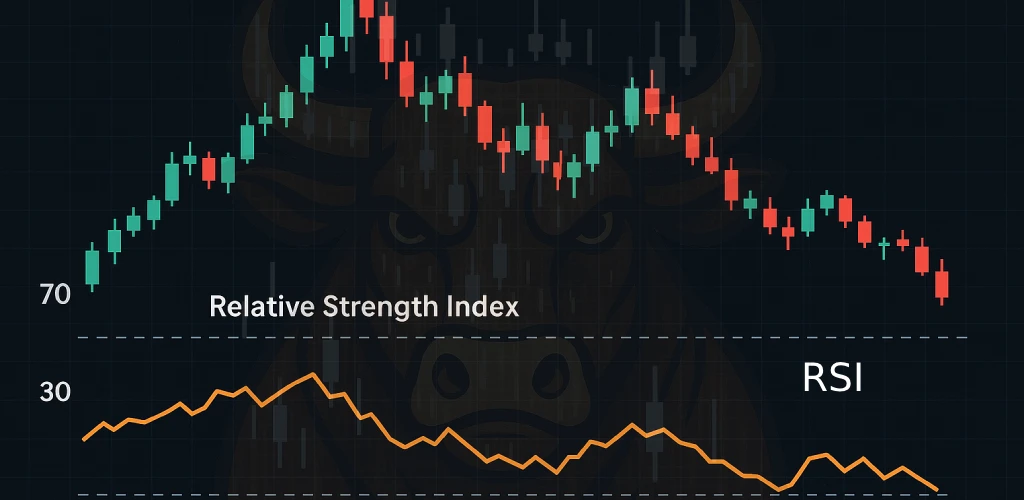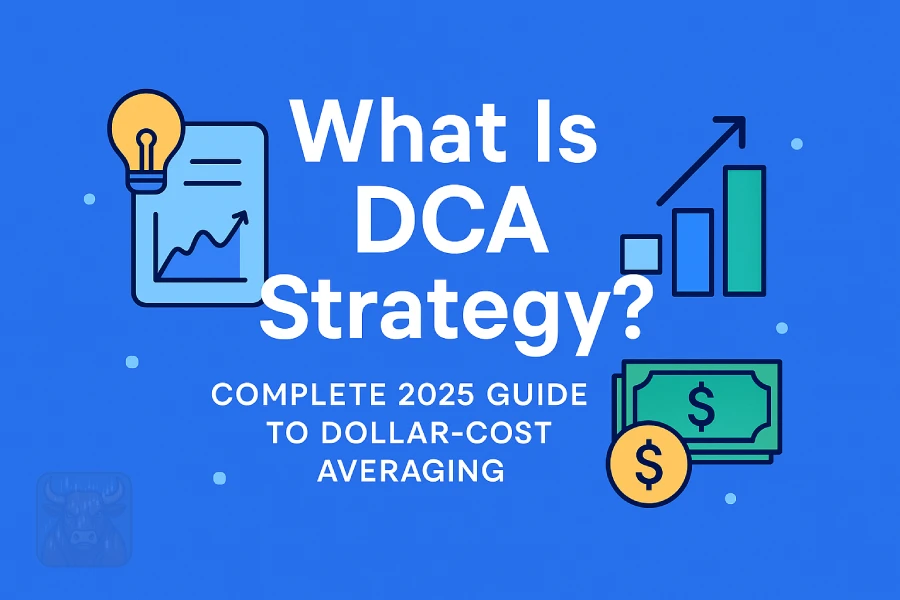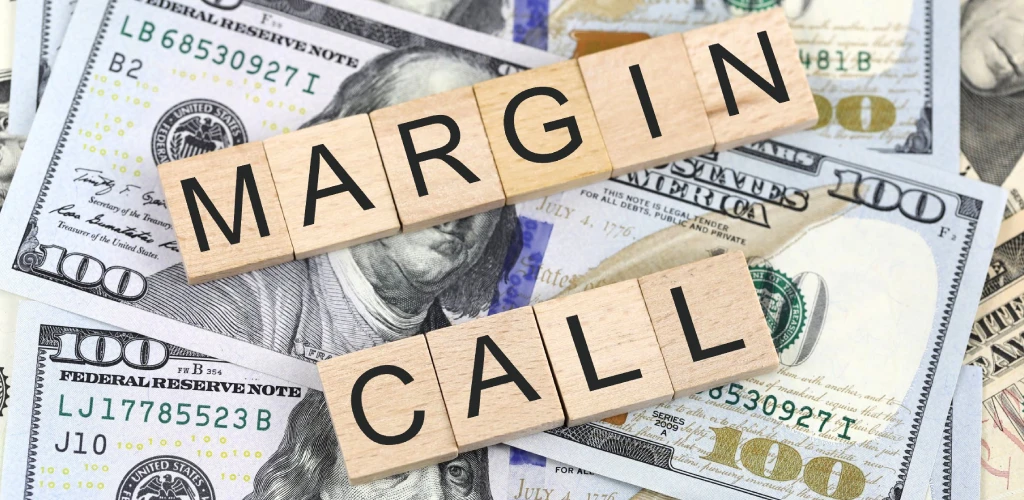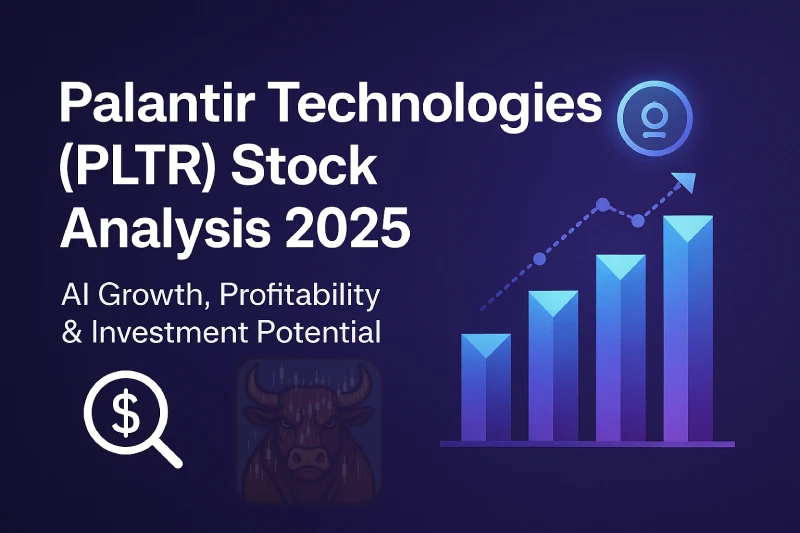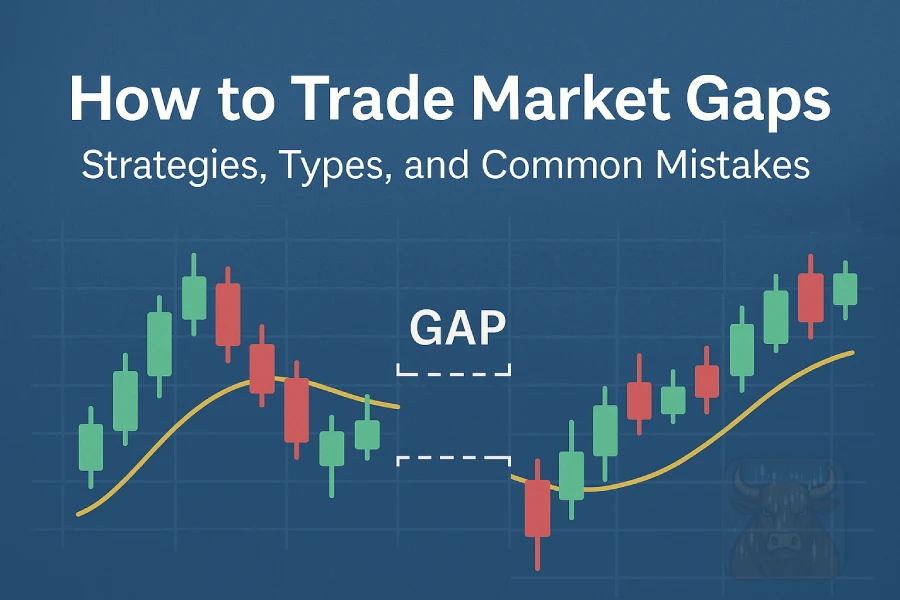What Is a Broker and How Does It Work? (2025 Guide for Beginners)
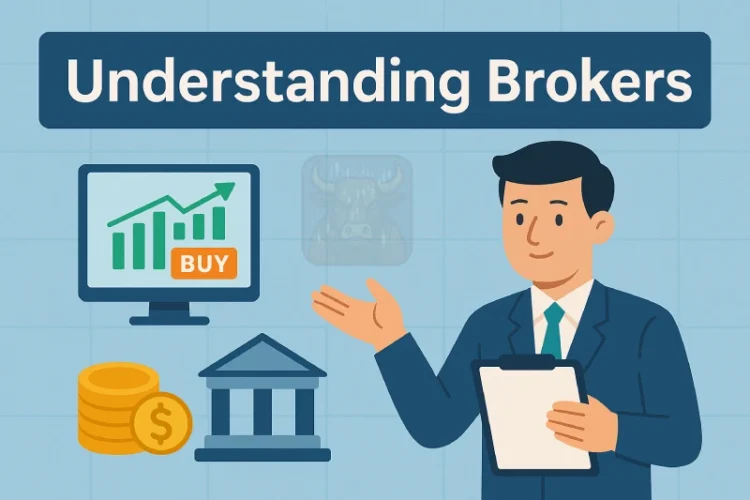
💡 Did you know that over 70% of stock market trades in 2025 are executed through brokers? If you’ve ever wondered how people buy stocks, forex, or crypto without calling up Wall Street directly, the answer is simple: brokers.
But what exactly is a broker, how do they make money, and how do you choose the right one? Whether you’re trading stocks, real estate, or cryptocurrencies, this guide will break it all down in simple terms.
📌 What Is a Broker? (Simple Definition)
A broker is a middleman (or a company) that connects buyers and sellers in financial markets. Instead of buying stocks directly from a company, you use a broker to execute trades on your behalf.
🔹 Types of Brokers in 2025
Brokers come in different forms, depending on what you’re trading:
- 📈 Stock Brokers – Buy/sell stocks (e.g., Fidelity, Interactive Brokers).
- 🏠 Real Estate Brokers – Help buy/sell properties (e.g., RE/MAX, Keller Williams).
- 💱 Forex Brokers – Trade currencies (e.g., IG, Forex.com).
- 🪙 Crypto Brokers (exchange) – Buy/sell Bitcoin & altcoins (e.g., Coinbase, Kraken).
- 🛒 Insurance Brokers – Find the best insurance deals (e.g., Policygenius).
💡 Fun Fact: The New York Stock Exchange (NYSE) started in 1792 with just 24 stockbrokers under a buttonwood tree!
🔄 How Does a Broker Work? (Step-by-Step Process)
Let’s say you want to buy 10 shares of Apple (AAPL). Here’s how a broker helps:
- You Place an Order → Log into your brokerage account and enter the trade.
- Broker Routes the Order → Sends it to a stock exchange (NYSE, Nasdaq).
- Order Gets Executed → Matches with a seller at the best price.
- Shares Appear in Your Account → Usually within seconds.
- Broker Takes a Fee → Either via commission or spread markup.
⚠️ Key Point: Brokers don’t own the assets—they just facilitate the trade.
💰 How Do Brokers Make Money?
Brokers aren’t charities—they earn in several ways:
✔️ Commissions – A flat fee per trade (e.g., $5 per stock trade).
✔️ Spreads – The difference between buy/sell prices (common in forex & crypto).
✔️ Management Fees – For robo-advisors or managed portfolios.
✔️ Interest on Margin – If you borrow money to trade.
✔️ Payment for Order Flow (PFOF) – Selling trade data to market makers (controversial in 2025).
📌 2025 Trend: Many brokers now offer zero-commission trading, making money from spreads or premium services instead.
🏆 Best Brokers in 2025 (By Category)
| Category | Top Brokers (2025) | Best For |
|---|---|---|
| Stock Trading | Fidelity, Interactive Brokers | Low fees, advanced tools |
| Forex | IG, Forex.com | Tight spreads, leverage |
| Crypto | Coinbase, Kraken | Security, altcoin selection |
| Real Estate | RE/MAX, eXp Realty | Local market expertise |
| Robo-Advisors | Betterment, Wealthfront | Passive investing |
🔍 How to Choose the Best Broker
Not all brokers are equal. Here’s what to look for:
✅ Regulation – Is the broker licensed? (SEC, FCA, CySEC, etc.)
✅ Fees – Hidden costs? Inactivity fees?
✅ Trading Platform – User-friendly? Mobile app?
✅ Asset Selection – Stocks, crypto, forex, ETFs?
✅ Customer Support – 24/7 live chat? Phone support?
✅ Reputation – Check Trustpilot & Reddit reviews.
⚠️ Red Flags: Unregulated brokers, withdrawal issues, fake reviews.
📝 Pre-Signup Broker Checklist
Before signing up, double-check these essentials:
| ✅ Task | Why It Matters |
|---|---|
| Confirm broker is regulated | Ensures fund protection & compliance |
| Review full fee schedule | Avoid surprises on commissions & spreads |
| Test demo account | Check platform usability risk-free |
| Read independent reviews | Spot patterns of poor service |
| Verify withdrawal process & limits | Avoid withdrawal delays |
This actionable checklist ensures you won’t regret your broker choice!
⚖️ Broker vs Exchange vs Robo-Advisor: Quick Comparison
| Method | Pros | Cons |
|---|---|---|
| Broker | Guidance, regulated | Fees, limited choices |
| Exchange | Direct market access | Requires trading knowledge |
| Robo-Advisor | Low fees, automated | Limited customization |
| DeFi/Wallet | Full control, no middleman | Higher risks, complex setup |
👍 Use this table to match your investing style with the right platform!
📉 Risks of Using a Broker
While brokers make trading easy, there are risks:
- Scams & Fraud – Fake brokers stealing deposits.
- High Leverage Losses – Forex/crypto brokers offering 100x leverage.
- Platform Downtime – Missing trades during volatility.
- Conflicts of Interest – PFOF causing worse trade execution.
💡 Safety Tip: Always use regulated brokers and enable 2FA (two-factor authentication).
🚀 Future of Brokers in 2025 & Beyond
The brokerage industry is evolving fast. Key trends:
- AI-Powered Trading – Chatbots & automated strategies.
- Decentralized Brokers (DeFi) – No middlemen, peer-to-peer trading.
- More Zero-Commission Models – Competition driving fees down.
- Crypto Integration – Traditional brokers adding Bitcoin/altcoins.
📌 Prediction: By 2030, AI brokers could replace human financial advisors for basic investing.
❓ FAQ: Broker Questions
Yes, if the broker is regulated by authorities like the SEC, FINRA, or FCA. Always check their license before depositing funds.
No, many brokers now let you start with as little as \$1 thanks to fractional shares.
Yes! You can transfer your assets from one broker to another, though some brokers charge a transfer-out fee.
A broker executes trades; a financial advisor gives investment advice and may also manage your portfolio.
They earn from spreads, premium accounts, margin interest, and payment for order flow (PFOF).
It depends: Robo-advisors are great for hands-off investing. If you want to actively trade or pick your own stocks, a traditional broker is better.
If your broker is SIPC-insured (U.S.), your assets are protected up to \$500,000 (including \$250,000 for cash). But your investments stay yours and are usually transferred to another broker.
Some brokers now let you trade both (e.g., Robinhood, Webull), but crypto-focused brokers often have more coins and features.
🎯 Final Thoughts: Should You Use a Broker?
If you want to invest in stocks, crypto, or real estate, yes—brokers simplify the process. Just pick a trusted, regulated one with low fees.
📌 Quick Recap:
✔️ Brokers = Middlemen for trading assets.
✔️ They earn via fees, spreads, or PFOF.
✔️ Choose regulated brokers with good reviews.
✔️ Avoid unregulated platforms & too much leverage.
🚀 Now it’s your turn! Which broker do you use? Let us know in the comments!

